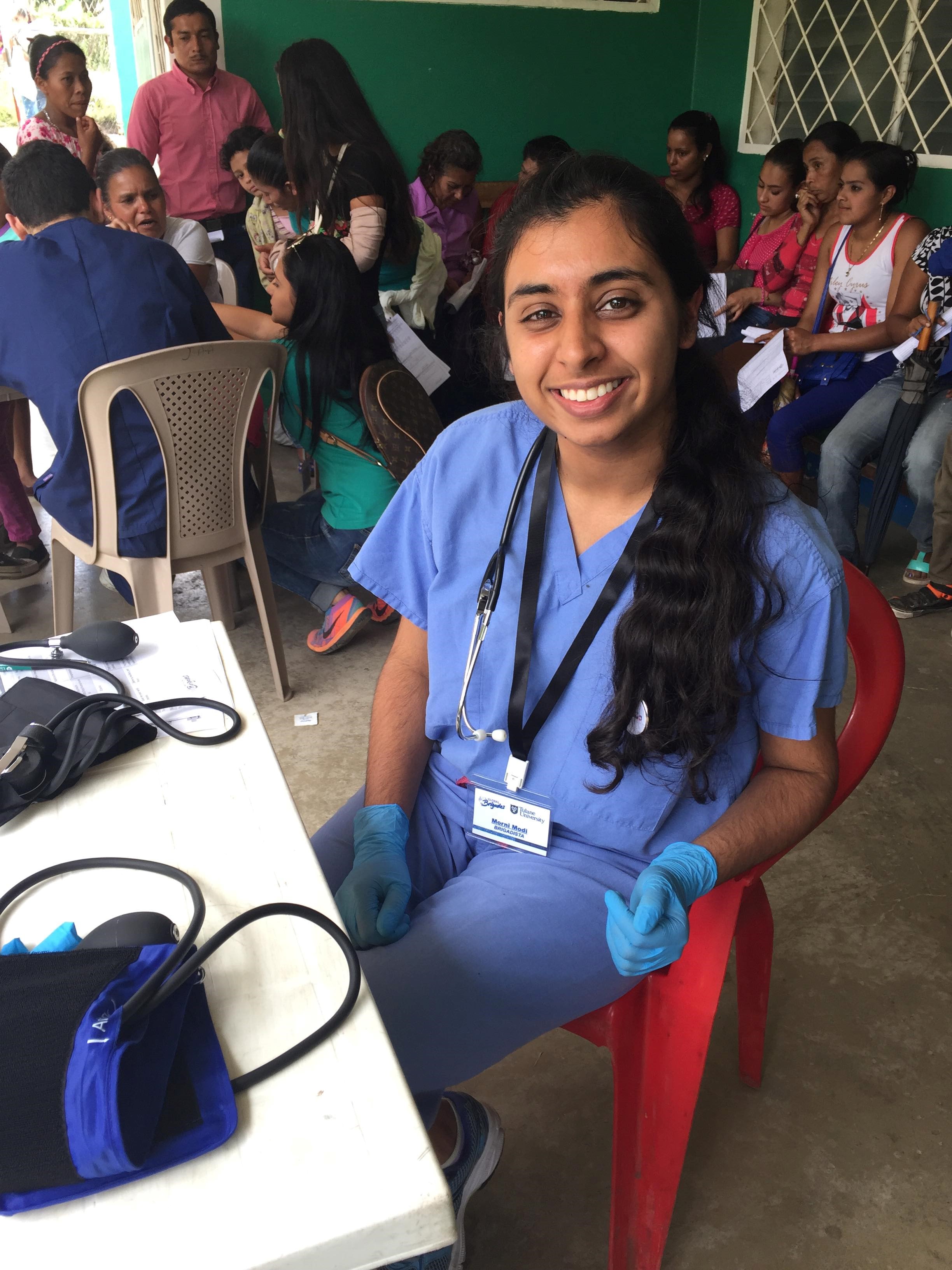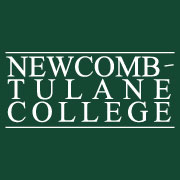Last spring, I had the amazing opportunity to be a part of Global Brigade’s mission of traveling to underserved communities and providing free health care. This past year, Tulane led a medical brigade to Nicaragua where I had the first-hand experience developing and sustaining health systems and aiding the Nicaraguan community in acquiring access to healthcare, regular doctor visitations, and affordable medication. An experience abroad is something one can never forget. Especially when you’re in a country where you don’t speak or understand the language and the culture is different, it is the faces you see and the interactions you have that stick with you. Visiting Nicaragua for the first time was a similar experience for me.
It was definitely challenging at times. Over the course of the 7 days I was there, I rotated between medical triage, in which we set up a medical clinic with an intake station for patient history, blood pressure, and weight and height; shadowing a gynecologist and dentist, in which I was able to assist the doctor with medical instruments as well as observe physician/patient interaction; and the pharmacy, in which I worked under a pharmacist to dispense medications to patients. Throughout the 7 days, the clinic was able to see upwards of 900 patients. We would arrive at the clinic site at 7 am and to my surprise, there would already be a line of around 70 people waiting to be seen. Throughout the day the line would get longer and longer, reaching upwards of 150 people. However, this was good news because it meant word was spreading about the clinic and people were receptive to it.
Medical triage was a particularly challenging part of the brigade as there was a lot of patient interaction. Having no Spanish background, taking patient history of hundreds of patients was intimidating at first. There is a fear of misunderstanding the patient or the patient misunderstanding you. But being put in such a situation made me pick up on the language faster and it felt really good after a few days to confidently be able to interact with a patient. And furthermore, I was able to focus more on the patient. I was able to get a better understanding of how the patient was feeling. I was able to see how a patient is not only their disease, but rather a wider range of sociological factors that influence their body such as education, geographic location, and socioeconomic status. Here in the US, many take reliable health care as a right where this right is very much so a privilege in other countries such as Nicaragua. I had never participated in medical missionary work abroad before and it was a life-changing opportunity for me to see what role health care plays in such communities as well as take part in bringing primary health care to people that don’t have regular access to doctors and health care providers. Shadowing under the gynecologist and dentist was particularly rewarding, because it made me realize how not everyone has the privilege of seeing their OBGYN for trimester checkups and getting prenatal vitamins or seeing a dentist every few months for a routine cleaning. Unfortunately for some people it is a privilege and they have to wait for months and years to receive health care. It felt very rewarding being part of initiative that took one step closer to making health care a right, not a privilege. I am thankful to Global Brigades and Tulane University for supporting me in being part of something bigger than myself and helping people receive the care that they deserve. Without the generous grant NTC awarded me, I would have not been able to travel abroad to Nicaragua and turn the knowledge from my sociology and public health classes into meaningful action.
Written by Morni Modi, Dean’s Grant recipient, 2018


